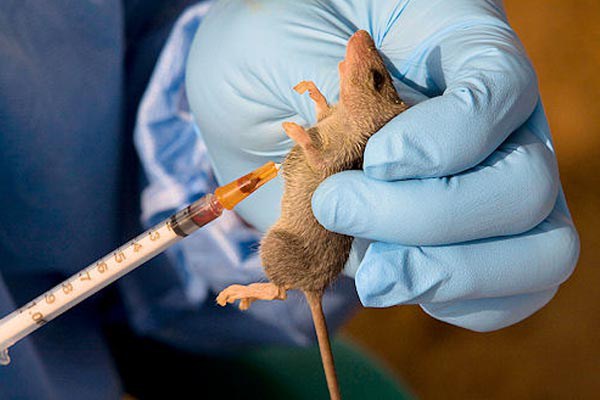Represented by the Special Adviser to the Governor on Health Matters, Ahmed Attah, Mr Audu said 10 suspected cases of Lassa fever were reported out of which four were positive.
He confirmed that two deaths were recorded among the four positive cases, while the other two were successfully treated.
He added that three of the four confirmed cases were from Ibaji Local Government Area while one case was recorded in Ijumu Local Government Area of the state.
The commissioner, therefore, advised residents to adopt all the necessary precautions to prevent the outbreak of epidemic-prone diseases in the state.
Earlier, the state Director of Public Health, Frances Akpa, said the essence of the briefing was to bridge the information gap between the technical people and the entire society.
According to Mrs Akpa, lots of activities had happened in the area of control of flood, Lassa fever, and epidemic-prone diseases, but there had been no forum to provide an update to the society.
He restated that the briefing was an avenue to get the information across to the grassroots in controlling flood, Lassa fever, and other epidemic-prone diseases.
The epidemiologist defined Lassa fever as “a zoonotic illness caused by an arenavirus. It is an acute viral hemorrhagic illness that occurs in parts of West Africa including Nigeria.
“The Lassa virus is transmitted to man human by an infected multi-mammate rat (rat with multiple breasts)”.
According to him, the ministry had responded promptly and timely to any outbreak of epidemic-prone diseases, sensitized the affected communities and the general public on preventive measures.
“Prevention is better than cure, and when we prevent it becomes better and cheaper,” Mr Ojotule said.
He said the state government had upgraded most of its health facilities in the affected areas, donated drugs, and trained surveillance staff.
The state Commissioners for Agriculture, Kehinde Oloruntoba, and that of Environment and Natural Resources, Sanusi Yahaya, also explained the efforts and measures their respective ministries put in place on the issue of public health.
Mr Oloruntoba said his ministry had set up a Task Force saddled with the responsibility to curb the use of tires to roast animals for consumption, which he said was dangerous to public health.
Source: Premiumtimes

 The Kogi State Government has confirmed four cases of Lassa fever in the 2019 outbreak of the disease in the state. The state Commissioner for Health, Saka Audu, disclosed this at a joint news conference on Thursday in Lokoja on “Flood, Lassa, and other Epidemic Prone Diseases”.
The Kogi State Government has confirmed four cases of Lassa fever in the 2019 outbreak of the disease in the state. The state Commissioner for Health, Saka Audu, disclosed this at a joint news conference on Thursday in Lokoja on “Flood, Lassa, and other Epidemic Prone Diseases”.




